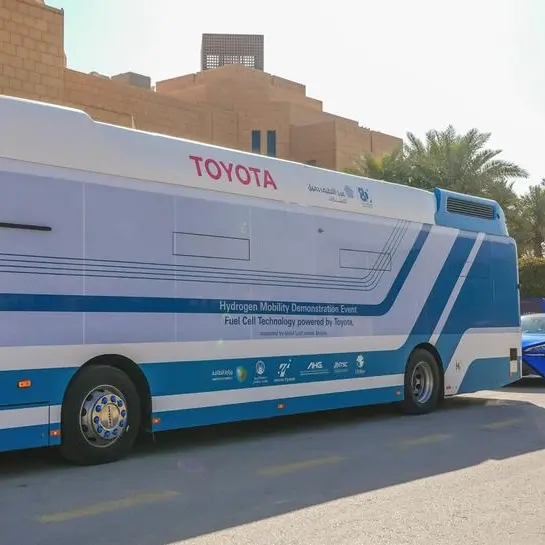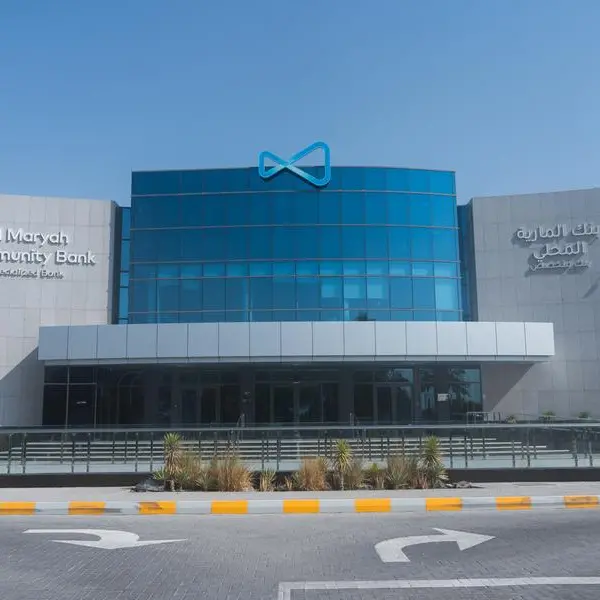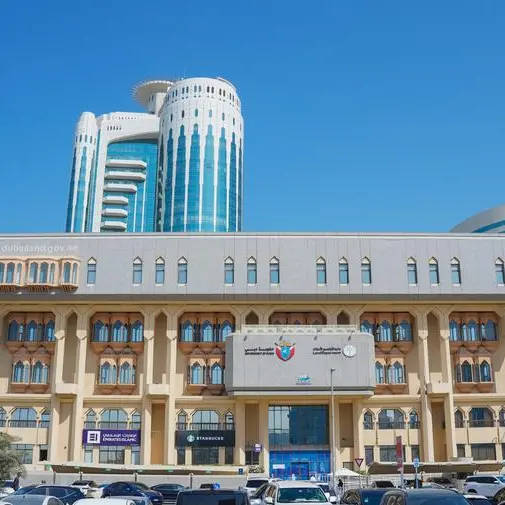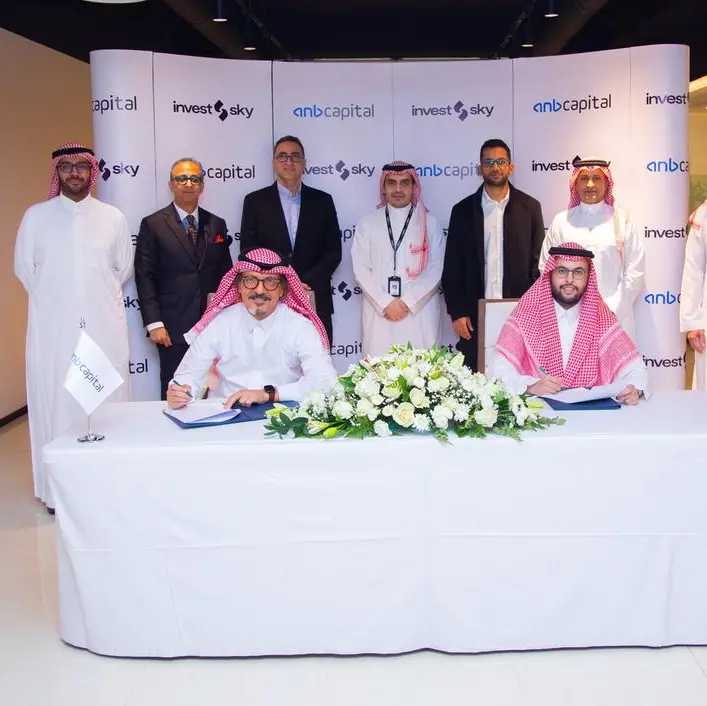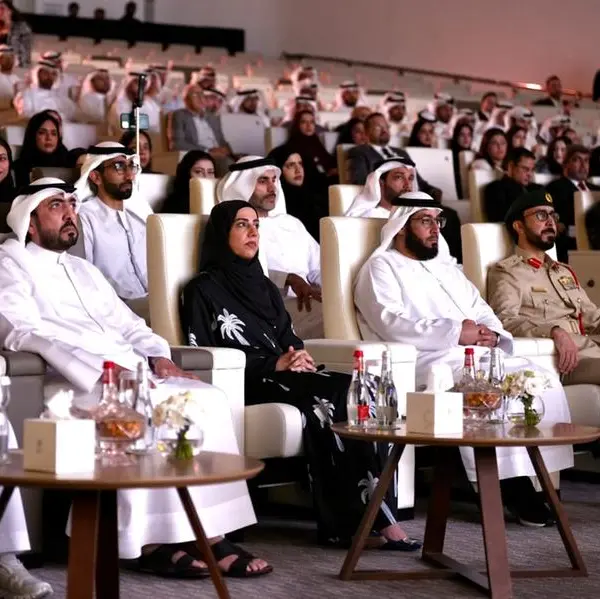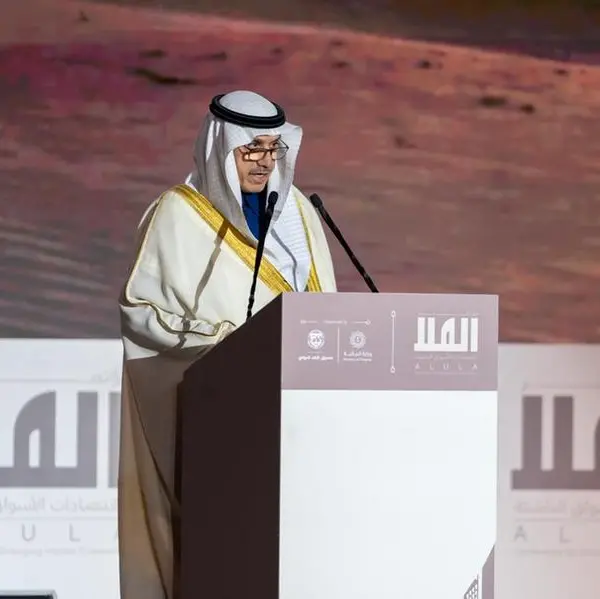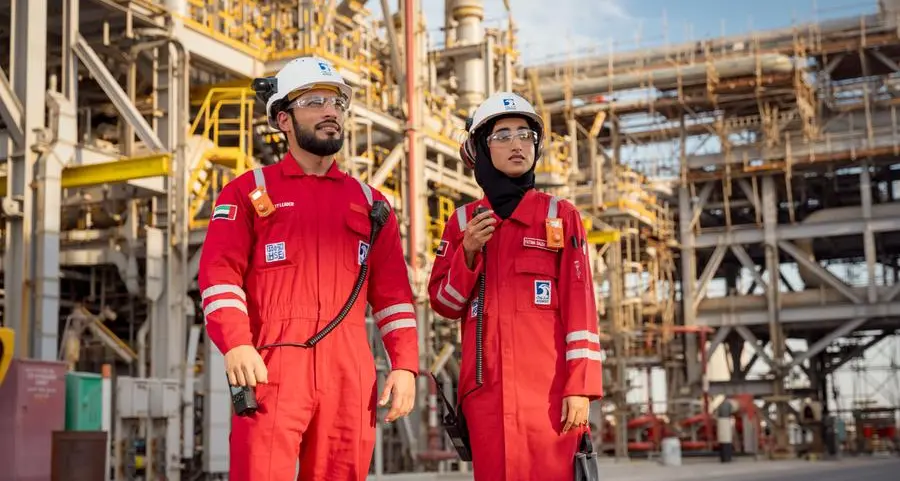The world's largest desalination plant is the Jebel Ali Desalination Plant (Phase 2) in the U.A.E, while Saudi Arabia's desalination plants account for about 24% of total world capacity.
Dubai - U.A.E: Ion Exchange (India)*, the premier water and environment management Company of India, had recently explained that it places its desalination operation in locations at the seabed that will maximize the dispersal of the concentrated seawater, such that it will be indistinguishable from normal seawater between 50 meters and 75 meters from the outlet points, such rapid dilution of the concentrated byproduct, minimizes harm to the environment. Ion exchange has become a pioneer in purifying water for enhancing health.
The concentrated seawater has the potential to harm ecosystems, especially marine environments in regions with low turbidity and high evaporation that already have elevated salinity. Examples of such locations are the Persian Gulf, the Red Sea and, in particular, coral lagoons of atolls and other tropical islands around the world. Because the brine is denser than the surrounding sea water due to the higher solute concentration, discharge into water bodies means that the ecosystems on the bed of the water body are most at risk because the brine sinks and remains there long enough to damage the ecosystems.
Careful re-introduction can minimize this problem. Substances that are removed during the process of drinking water treatment include bacteria, algae, viruses, fungi, minerals such as iron and sulphur, and man-made chemical pollutants.
Mr. Rajesh Sharma, Vice Chairman & Managing Director of Ion Exchange (India) Ltd, said "The team at Ion Exchange is committed to conserve the earth's most precious resource - water. This pledge inspires us in our business of total water and environment management. Since the commencement of our operations in the Middle East, we have offered the community the widest range of required products to tackle the water problems currently existing in the region".
"Affiliations with the best international water treatment companies, technological advancements through R&D along with superior customer service have propelled the company to the forefront of the water management industry" concluded Mr. Sharma.
The world's largest desalination plant is the Jebel Ali Desalination Plant (Phase 2) in the United Arab Emirates. It is a dual-purpose facility that uses multi-stage flash distillation and is capable of producing 300 million cubic meters of water per year. Saudi Arabia's desalination plants account for about 24% of total world capacity.
-Ends-
About Ion Exchange (India):
Established in 1964, Ion Exchange (India) Ltd pioneered water treatment in India. With the merger of IEI's four regional associate service companies into a single company headquartered at Bangalore, it has become the largest service company in Indian water treatment industry with over 700 service personnel operating through 4 regional offices, 17 branches and 75 territory offices spread across the country as well as neighboring Dhaka and Kathmandu. The GCC operations of the company headquartered in the Hamriya Free Zone, Sharjah, offers total environment solutions for industries in addition to Zero B water purification process for homes and caters to the entire Middle East. In its 44 years of experience, the company has provided installations for diverse industries in India and abroad, from nuclear and thermal power, fertilizer and refinery, to automobile, electronics and textile. The company also has an in depth understanding and knowledge of the Indian market as well as of the cultural patterns prevailing particularly in South East Asia, Africa and the Middle East.
Three prestigious Water Awards [affiliated to UNESCO] were secured by Ion Exchange India, for the second consecutive year, at the end of 2007 for being the Best Water Company, the Best Water Conserver and for having the Best RO Water Purifier - Zero B. Zero-B reverse osmosis purifier is the only purifier with HEPTAPURE technology using a seven stage process to remove almost 88 types of contamination from water. Having the largest range, Zero-B ensures Total Water Solutions for homes and communities.
About Desalination:
Water Desalination refers to any of several processes that remove excess salt and other minerals from water, in order to be converted to fresh water suitable for consumption or irrigation, or, if almost all of the salt is removed, for human consumption. Most of the modern interest in desalination is focused on developing cost-effective ways of providing fresh water for human use in regions where the availability of water is limited.
* ISO 9001:2000 company
© Press Release 2008


